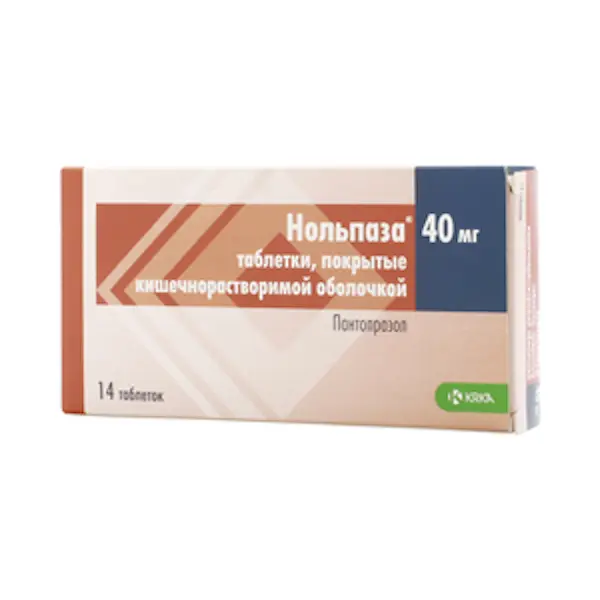Description
Metoclopramide Pharmacodynamics
Antiemetic, helps to reduce nausea, hiccups; stimulates gastrointestinal peristalsis. Antiemetic effect is caused by blockade of dopamine D2-receptors and increases threshold of trigger zone chemoreceptors; it is a blocker of serotonin receptors. It is believed that metoclopramide inhibits dopamine-induced relaxation of gastric smooth muscle, thus increasing the cholinergic responses of gastrointestinal smooth muscle. Helps accelerate gastric emptying by preventing relaxation of the gastric body and increasing activity of the antral stomach and upper small intestine. It reduces reflux of contents into the esophagus by increasing esophageal sphincter pressure at rest and increases clearance of acid from the esophagus by increasing the amplitude of its peristaltic contractions.
Metoclopramide stimulates prolactin secretion and causes a transient increase in circulating aldosterone levels, which may be accompanied by transient fluid retention.
Indications
Vomiting, nausea, hiccups of various genesis. Gastric and intestinal atony and hypotony (including postoperative); biliary dyskinesia; reflux esophagitis; flatulence; in combination therapy of gastric and duodenal ulcer exacerbations; acceleration of peristalsis during GIT X-ray examination.
Contraindications
Gastrointestinal bleeding, mechanical bowel obstruction, perforation of the stomach or intestines, pheochromocytoma, extrapyramidal disorders, epilepsy, prolactin-dependent tumors, glaucoma, pregnancy, lactation, simultaneous use of anticholinergic agents, hypersensitivity to metoclopramide.
It is contraindicated for use during pregnancy.
When using during lactation (breast-feeding) it should be taken into account that metoclopramide penetrates into the breast milk.
No adverse effect of metoclopramide on the fetus has been established in experimental studies.
It should be used with particular caution in children, especially young children, because they have a significantly higher risk of dyskinetic syndrome.
Dosage and administration method
- Orally in adults – 5-10 mg 3-4 times a day. In case of vomiting, severe nausea, Metoclopramide is administered in a v/m or v/v dose of 10 mg. Intranasally, 10-20 mg in each nostril 2-3 times/day.
- Maximum doses: single oral dose 20 mg; daily dose 60 mg (for all routes of administration).
- An average single dose for children over 6 years of age is 5 mg 1-3 times per day orally or parenterally. For children under 6 years of age the daily dose for parenteral administration is 0.5-1 mg/kg, the frequency of administration is 1-3 times/day.





